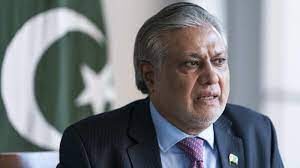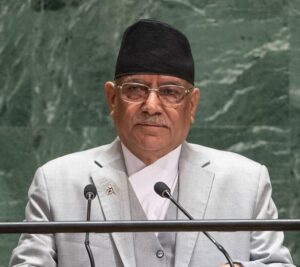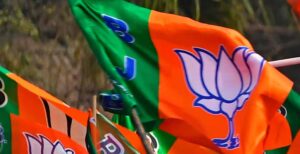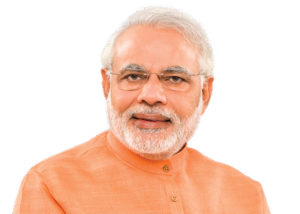The new Foreign Minister of Pakistan has been announced as Ishaq Dar

Ishaq Dar has been named as the new Foreign Minister of Pakistan
On Monday, Prime Minister Shehbaz Sharif appointed 19 new members to his Cabinet, finally putting an end to the long wait for the government formation in the financially struggling country.
 Among the appointments, Ishaq Dar, a former finance minister who has served four times in the past, has been chosen as Pakistan’s Foreign Minister. As the new government settles in, it aims to address various challenges both domestically and externally, including the country’s relations with India and other neighboring nations.
Among the appointments, Ishaq Dar, a former finance minister who has served four times in the past, has been chosen as Pakistan’s Foreign Minister. As the new government settles in, it aims to address various challenges both domestically and externally, including the country’s relations with India and other neighboring nations.
Prime Minister Shehbaz Sharif’s decision to include 19 individuals in his Cabinet marks the completion of the government formation process in a country facing financial difficulties.
Dar, who hails from an ethnic Kashmiri background and has a professional background as a chartered accountant, is a prominent leader of the Pakistan Muslim League-Nawaz (PML-N). He is also a trusted confidant of the party’s leader and former three-time Prime Minister, Nawaz Sharif.
Despite his limited experience in foreign affairs, Dar has been entrusted with the crucial portfolio at a time when Pakistan’s relations with neighboring countries, particularly India and Afghanistan, are strained.
In August 2019, following India’s revocation of the special status of Jammu and Kashmir and the division of the state into two Union Territories, both countries severed trade ties and reduced diplomatic presence in each other’s capitals.
Pakistan has faced challenges in its trade due to a disruption in its imports of various goods and raw materials from India, which were previously available at lower prices. Despite being an advocate for economic relations with its archrival, Dar’s efforts were hindered by the Kashmir issue.
Regarding the Kashmir issue, Dar’s stance should align with Pakistan’s overall position, which emphasizes the need for its resolution in accordance with the resolutions of the UN Security Council. On Kashmir Solidarity Day, Dar expressed Pakistan’s unwavering political, moral, and diplomatic support for the Kashmiri people’s right to self-determination, as outlined in the UN Charter and relevant UN resolutions.
India has consistently conveyed to Pakistan that Jammu and Kashmir is an integral part of the country, both historically and presently. New Delhi has also expressed its desire for normal and peaceful relations with Islamabad, free from terrorism, hostility, and violence.
This position was reaffirmed by India’s External Affairs Minister, S Jaishankar, who stated that while India remains open to dialogue with Pakistan, the issue of terrorism must be at the forefront of any conversation. While acknowledging that there may be other matters to address, he emphasized the importance of addressing terrorism without evasion.








